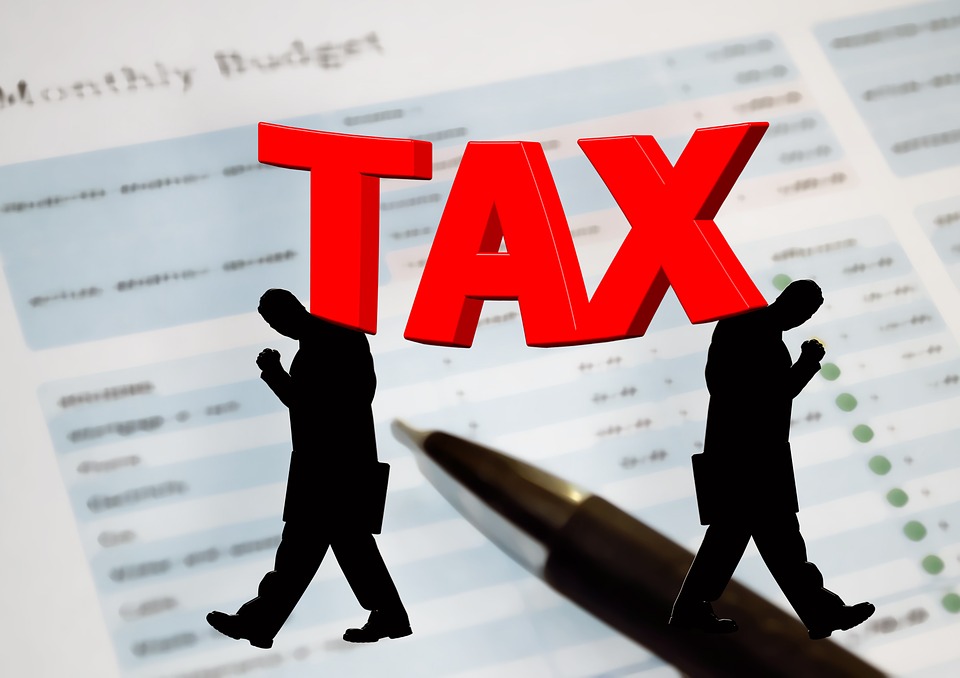Morocco considers measures to increase tax revenue

- Country:
- Morocco
The Moroccan government is mulling the introduction of new measures to increase the tax base in order to alleviate fiscal pressure on the middle class and increase funding for social services, Finance Minister Mohamed Benchaaboun said. The measures aim at making the rich pay their “fair” share of taxes as well as fighting tax evasion and fraud, Benchaaboun said late on Saturday at the end of a national conference on taxation.
Income tax is disproportionately collected with 73 per cent of revenue coming from taxing wages, Finance Ministry data showed. “The average contribution of a wage-earner is five times higher than that of a self-employed,” Benchaaboun said. “This situation runs against the principle of fiscal justice, which should be amended by implementing the principle of equal income, equal taxes.”
Morocco collected 149.8 billion dirhams in net tax revenue in 2018, up 4.6 per cent compared with 2017, the tax administration said. The North African country's fiscal system suffers from a high concentration as 50 per cent of the income tax, company tax and VAT combined is paid by just 140 companies, according to official figures.
One per cent of companies account for 80 per cent of corporate tax revenue. Morocco loses up to $2.45 billion due to tax evasion and fraud by multinationals, Oxfam said in a report last Monday.
The conference's recommendations, which shall offer guiding principles for future budget laws, included establishing value-added tax neutrality, tax progressivity as well as grouping local and parafiscal taxes in a single code. Morocco, the most unequal country in North Africa, should also impose a wealth tax in order to bridge the gap between the rich and the poor, Oxfam expert Asmae Bouslamti told Reuters.
(This story has not been edited by Devdiscourse staff and is auto-generated from a syndicated feed.)
- READ MORE ON:
- Rich Communication Services
- Crazy Rich Asians
- Rich Man- Poor Man
- Oxfam GB
- Oxfam India
- Oxfam Novib
- Moroccan dirham
- Moroccan cuisine
- Companies Act
- Companies House
- Companies Office
- Tax Administration
- North African Campaign
- Standard & Poor's
- Poor box
- Mohamed Benchaaboun
- rich
- Oxfam
- government
- Moroccan
ALSO READ
AIFF holds virtual meeting with Igor Stimac following poor performance FIFA World Cup Qualifiers 2026
Young adults who work atypical hours could see poor health by the time they turn 50: study
"We've been probably caught little bit behind with our conditions": Maxwell on RCB's poor start in IPL 2024
RJD rejects Modi's charge that party opposed Bharat Ratna for Karpoori Thakur
Congress to launch Mahalakshmi scheme to provide Rs 1 lakh per year to every poor Indian family.










